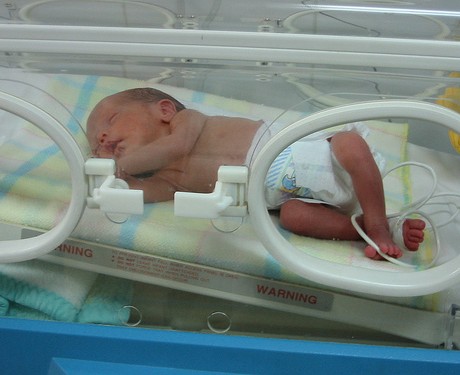
About half of all men and women carry GBS, but it is considered harmless most of the time.
However, if newborns are infected with the bacteria, it can be very serious, causing disability and can even be fatal. It is also thought to be a major cause of stillbirths.
NICE recommends better identification of babies at risk of this type of infection at birth, and antibiotics for mothers during labour if they are thought to be likely to be carrying the potentially harmful bacteria.
Campaigners of the recommendations include Group B Strep Support (GBSS) who believe that the infection could be prevented in many cases; and therefore would like to see comprehensive information and advice about it added to a pregnant woman’s antenatal care, alongside the provision of a screening program for the infection through the NHS at 35-37 weeks.
With all suspected bacterial infections, NICE believe a faster diagnosis is of paramount importance as is the provision of immediate antibiotics treatment, with newborns receiving the drugs within an hour of a diagnosis being made.
Image Credit: Crincon @ Flickr